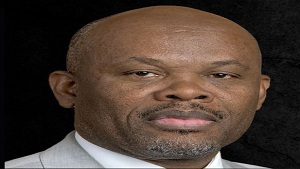The party has described these enclaves as modern-day remnants of SA’s apartheid past.
During a mini-plenary session in Parliament, ANC representatives voiced concern over what they see as the persistence of racial segregation, decades after the country's transition to democracy in 1994.
Orania and Kleinfontein, both established in the early 1990s, were founded as cultural enclaves intended to preserve Afrikaner heritage. However, critics argue that these communities function in a way that effectively excludes non-white South Africans.
Speaking in the debate, ANC Member of Parliament David Kgobe said it was troubling that such communities still exist in a democratic society.
“It is unfortunate that there are still individuals who seek to preserve the relics of racial division. This goes against the values of a united and inclusive SA,” Kgobe said.
Audio excerpts from the debate further criticised the enclaves, suggesting they reflect the interests of right-wing groups intent on sustaining the ideologies of apartheid’s separate development policies.
“These enclaves represent exclusionary principles rooted in apartheid. In Orania, the emphasis on Afrikaans language and cultural uniformity demonstrates this. Kleinfontein, situated east of Pretoria, similarly promotes Afrikaner identity and conservative Christian values as core to its existence. They stand as living monuments to an era South Africa has sought to leave behind,” the recording stated.
While defenders of Orania and Kleinfontein argue that the Constitution protects their right to cultural self-determination, the ANC maintains that such spaces challenge the vision of a cohesive, non-racial society.
--ChannelAfrica--













